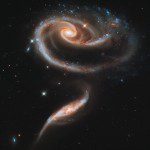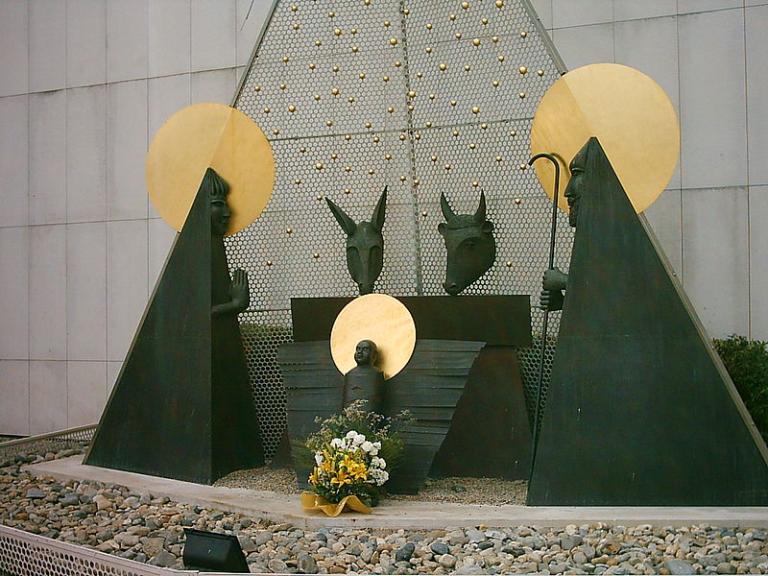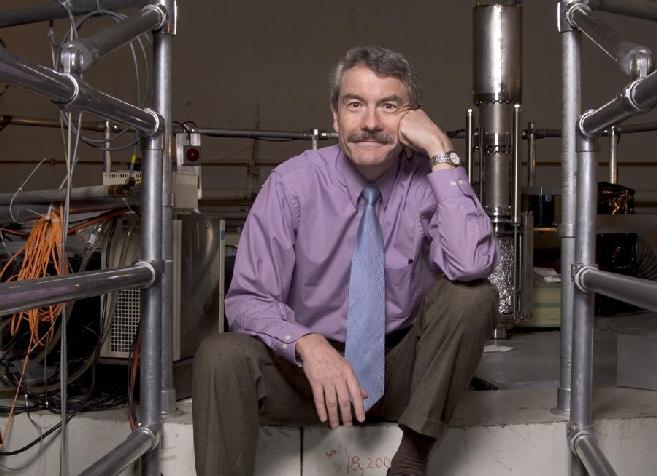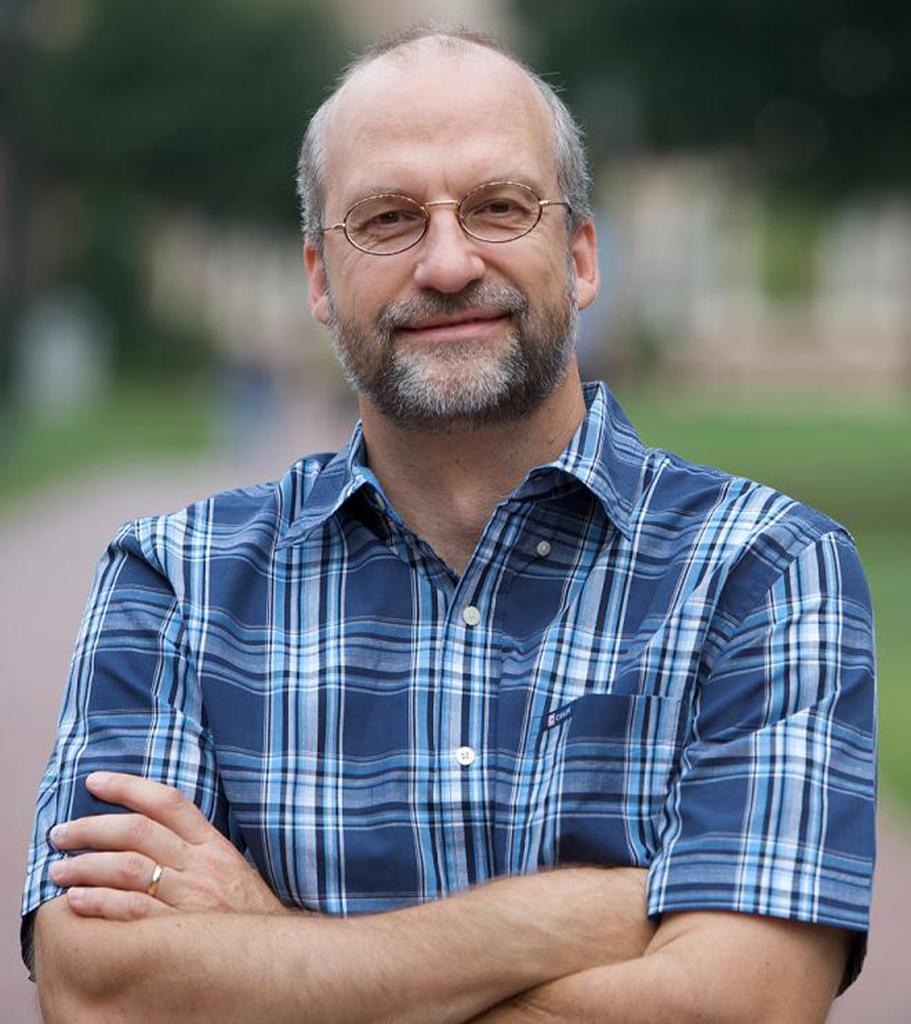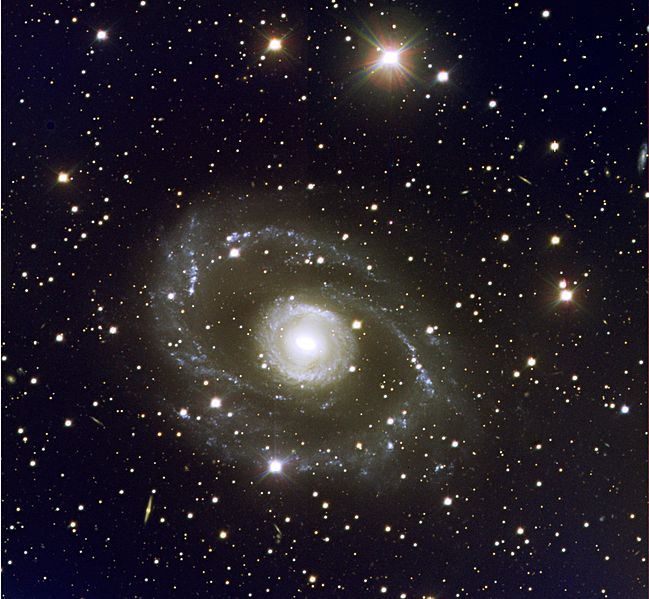
(Wikimedia Commons public domain)
Something quite unexpected:
***
“Supermassive black holes can feast on one star per year”
Mmmmm. Crunchy!
***
This is potentially quite important:
“Does Titan’s Hydrocarbon Soup Hold a Recipe for Life?”
***
From Huston Smith, Beyond the Post-Modern Mind, rev. ed. (Wheaton, IL: The Theosophical Publishing House, 1989), 118:
To set out to reverse the metaphysical momentum of the last four hundred years might seem a task so difficult as to be daunting, but there is another way to look at the matter. Here, surely, is something worth doing, a project to elicit the best that is within us, including resources we might not know we possess; so even if we fail in the attempt we shall do so knowing the joy that comes from noble doings. To get the project underway we must advance into enemy territory — we shall find it to be a contemporary form of what Plato called “upside down existence” — and to do this we must cross a no-man’s-land of methodology, “no-man’s” being precise here because if either side were to capture it the victory would be theirs. . . .
In a university setting, any move to reinstate the enchanted garden can expect to be met by the question, “How do you know it is enchanted?” If we answer that we experience it so, that we find ourselves ravished by its mystery and washed by its beauty and presences — not always, of course, but enough to sustain conviction — we shall be told that this is not to know, it is merely to feel. . . .
This positivistic definition of knowledge, Smith writes, shows a
willingness to dignify as knowledge only such kinds as hold the promise of augmenting our power to control, [and thus] rules out the very possibility of knowing things that might be superior to us, it being possible to control only subordinates or at most equals; in a word, it rules out the possibility of knowing transcendence.
***
Smith quotes the great Caltech theoretical physicist Richard Feynman — who would have been a hundred years old in May — as saying in his 1965 Nobel Prize lecture that “a very great deal more truth can become known than can be proven.” (119)
Smith suggests that the watchword of the humanities ought to be “Not to prove, but to discover.” (119)



